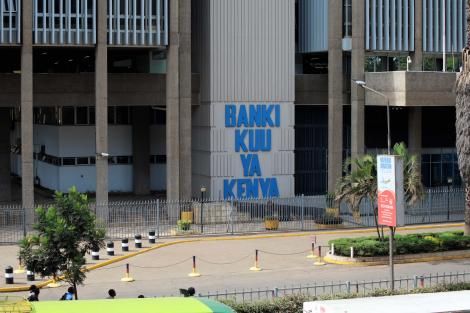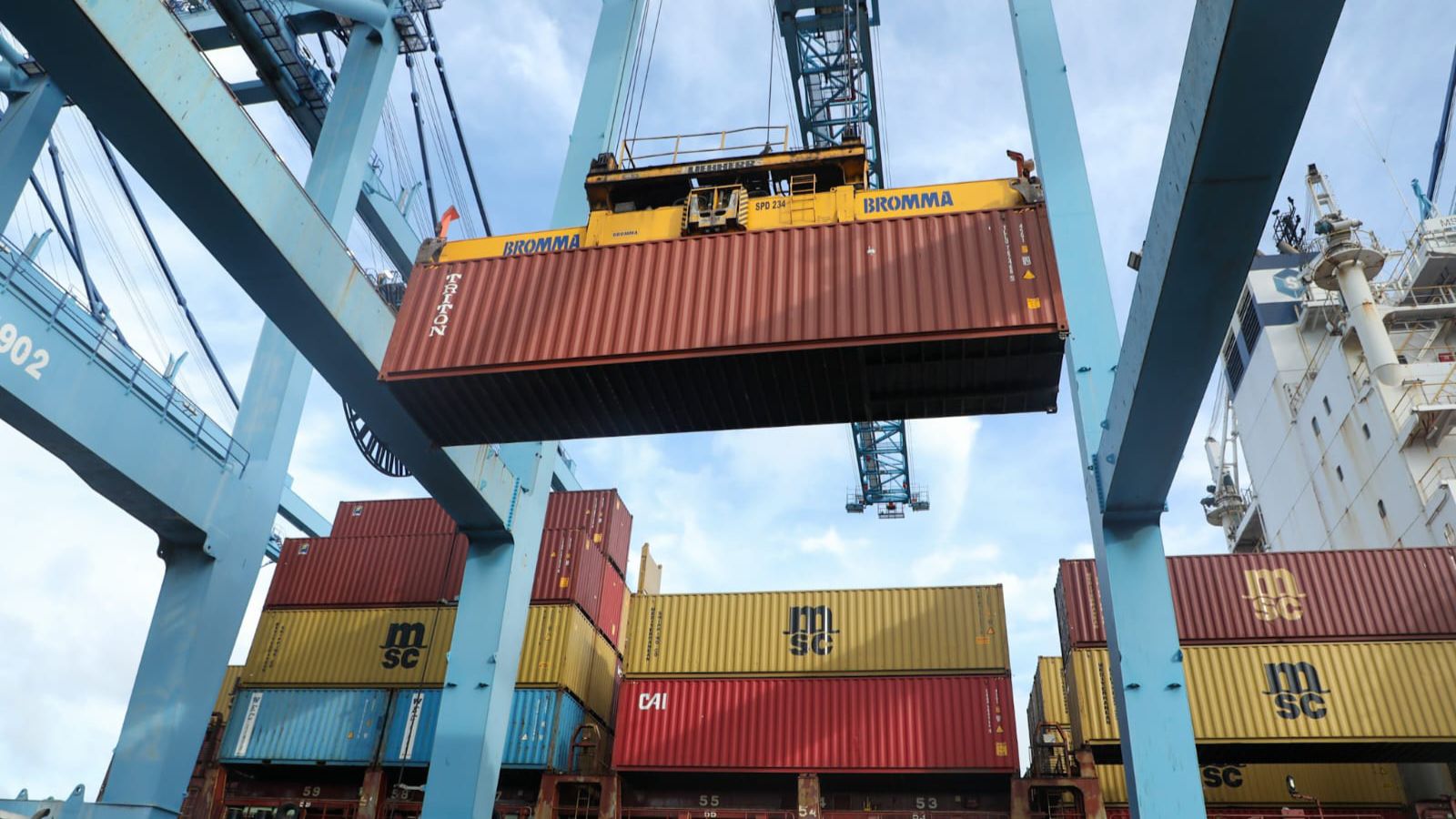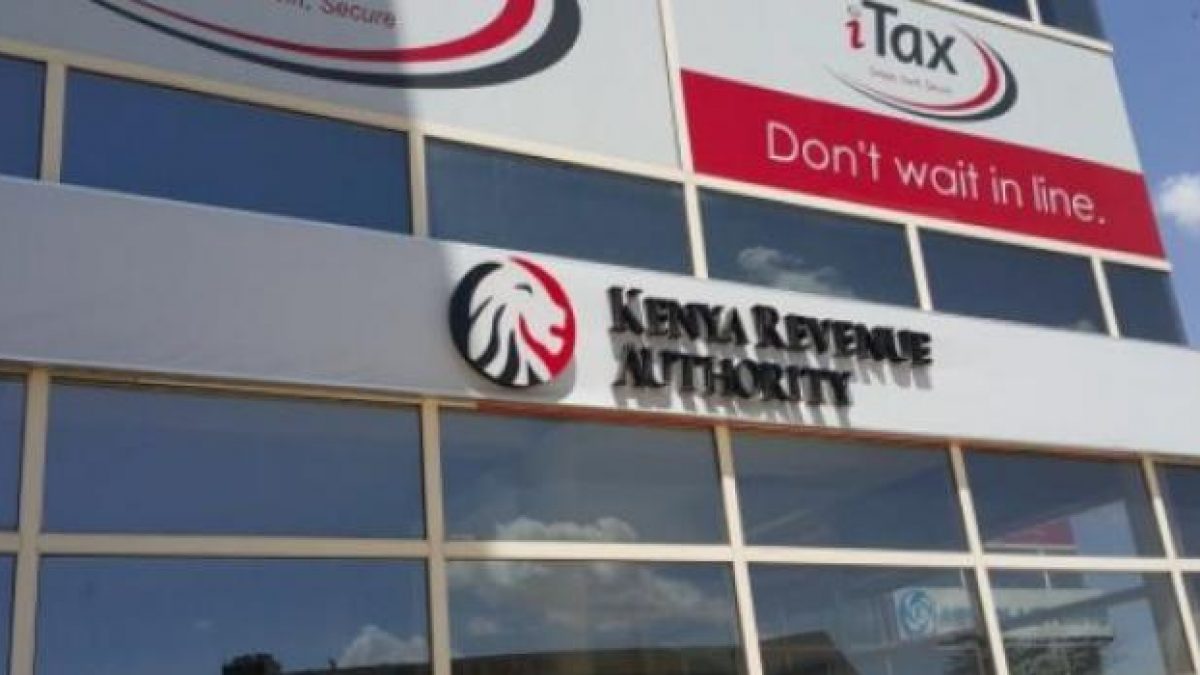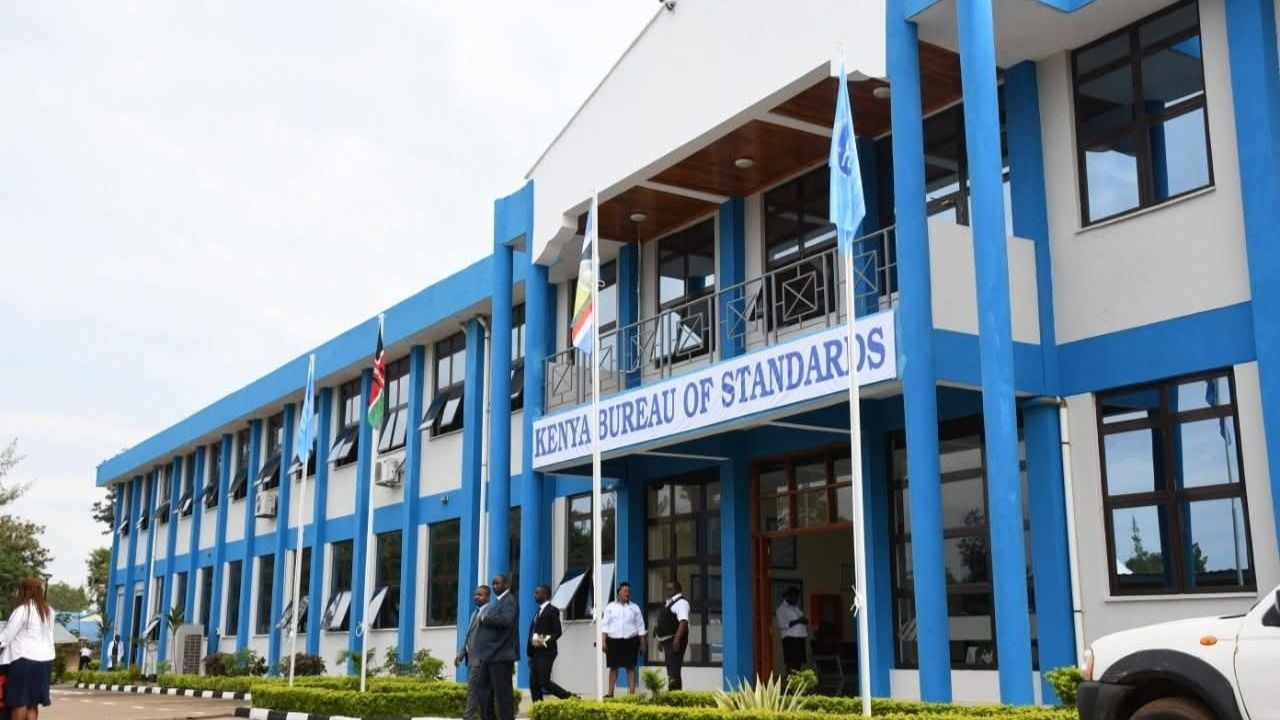The Central Bank of Kenya (CBK) has announced the extension of operating hours for the Kenya Electronic Payment and Settlement System (KEPSS) effective July 1, 2025.
In a statement on Wednesday, June 18, CBK said KEPSS operating times have been revised from the current 8:30 AM–4:30 PM to 7:00 AM–7:00 PM.
CBK noted that the new KEPSS operating hours will only apply on business days.
“Following extensive consultation with participants of the system and in alignment with the objectives outlined in the National Payments Strategy 2022–2025, the KEPSS operating hours will be revised from the current 8:30 a.m. – 4:30 p.m. to the new schedule of 7:00 a.m. – 7:00 p.m. on all business days with the exception of public holidays and weekends,” read the CBK statement in part.
According to CBK, the enhancement is aimed at improving the efficiency, accessibility, and resilience of Kenya’s payments ecosystem.
Read More
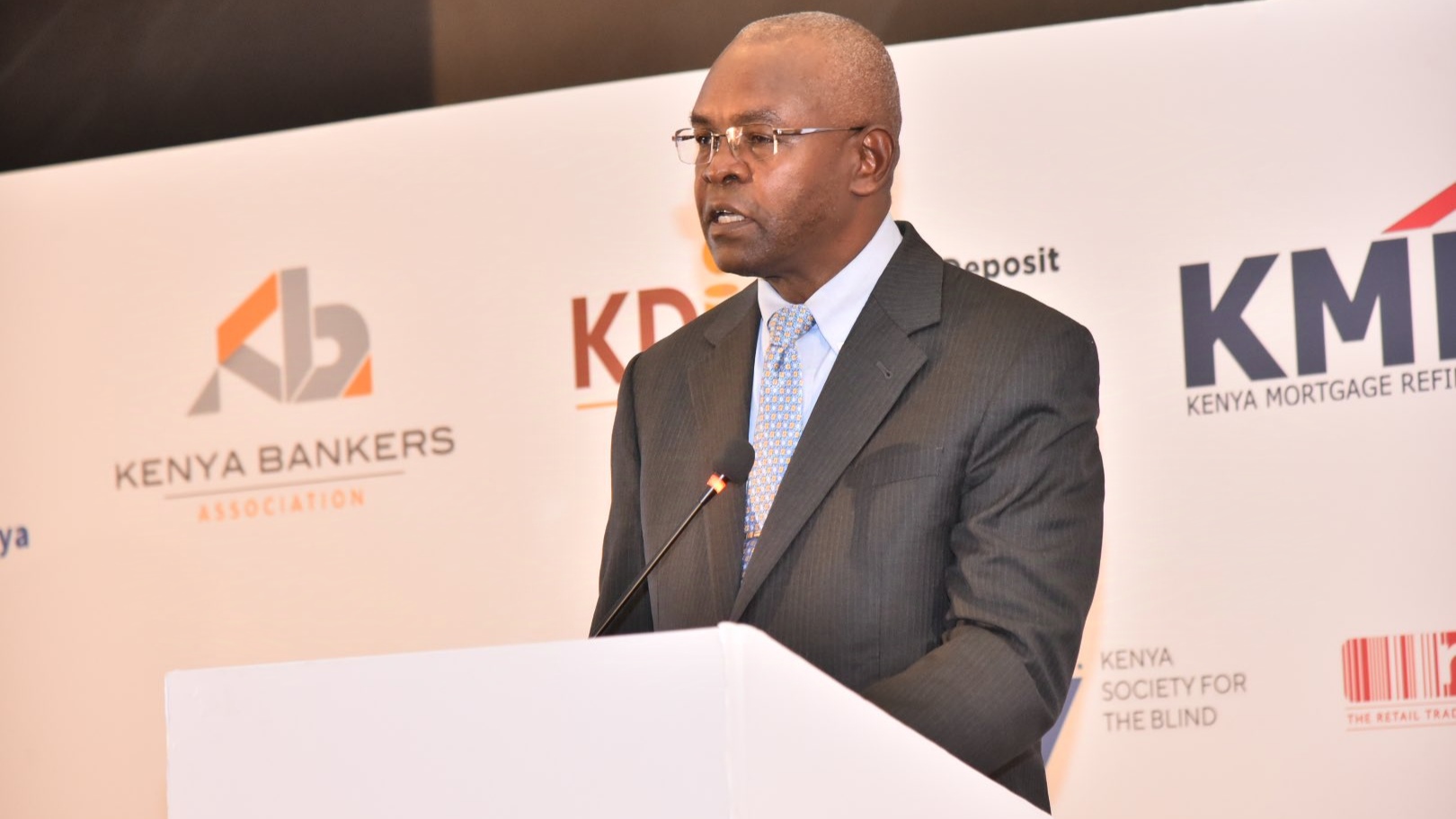
“By enabling earlier initiation and later completion of large-value and time-sensitive payments, this move will support the country’s transition towards a 24/7 digital economy,” CBK stated.
The bank pointed out that the extension will enhance convenience as businesses, government institutions, and financial institutions will have greater flexibility to process payments, improving cash flow management and reducing end-of-day settlement risks.
CBK also mentioned that the new strategy will support a 24/7 economy as the longer operational hours will bridge the gap between traditional banking hours and the demands of a modern economy, facilitating seamless transactions across time zones and increasing the competitiveness of Kenya as a regional financial hub.
“By expanding the time window for settlements, CBK reinforces its commitment to greater financial inclusion, allowing more individuals and entities to engage in the formal financial system with ease,” CBK said.
Furthermore, the CBK stated that the extension is in line with global best practices, as central banks around the world are modernizing their payment systems to enhance regional integration and improve the interoperability of cross-border payments.
